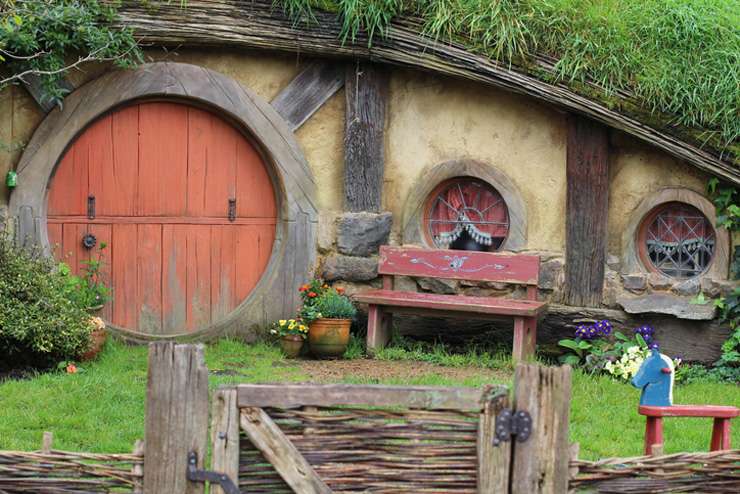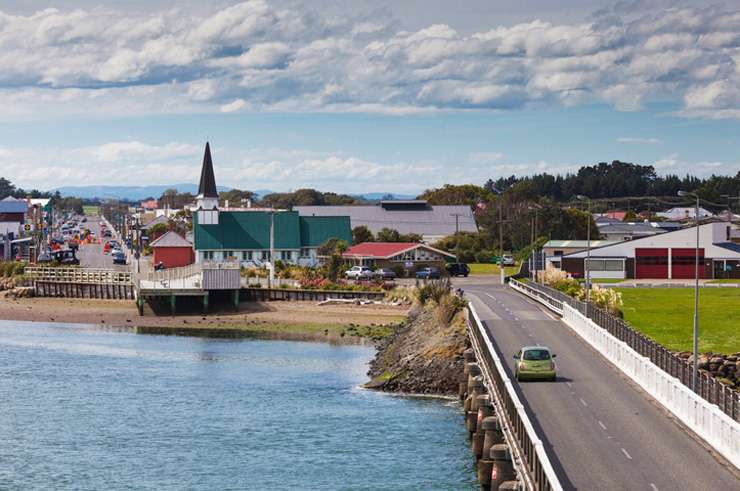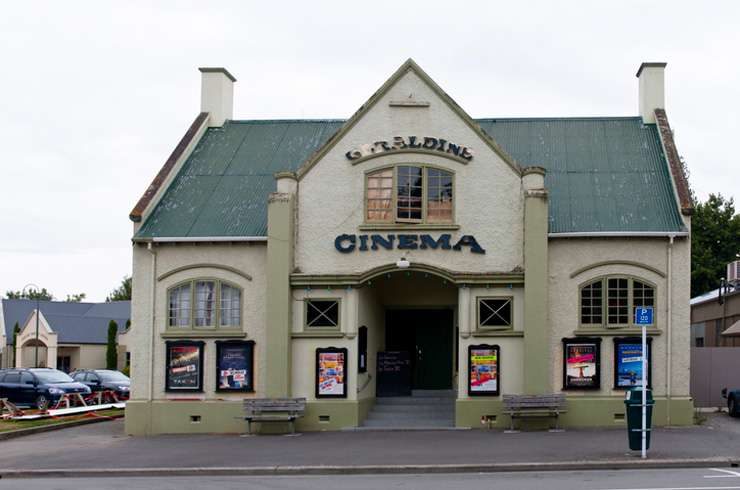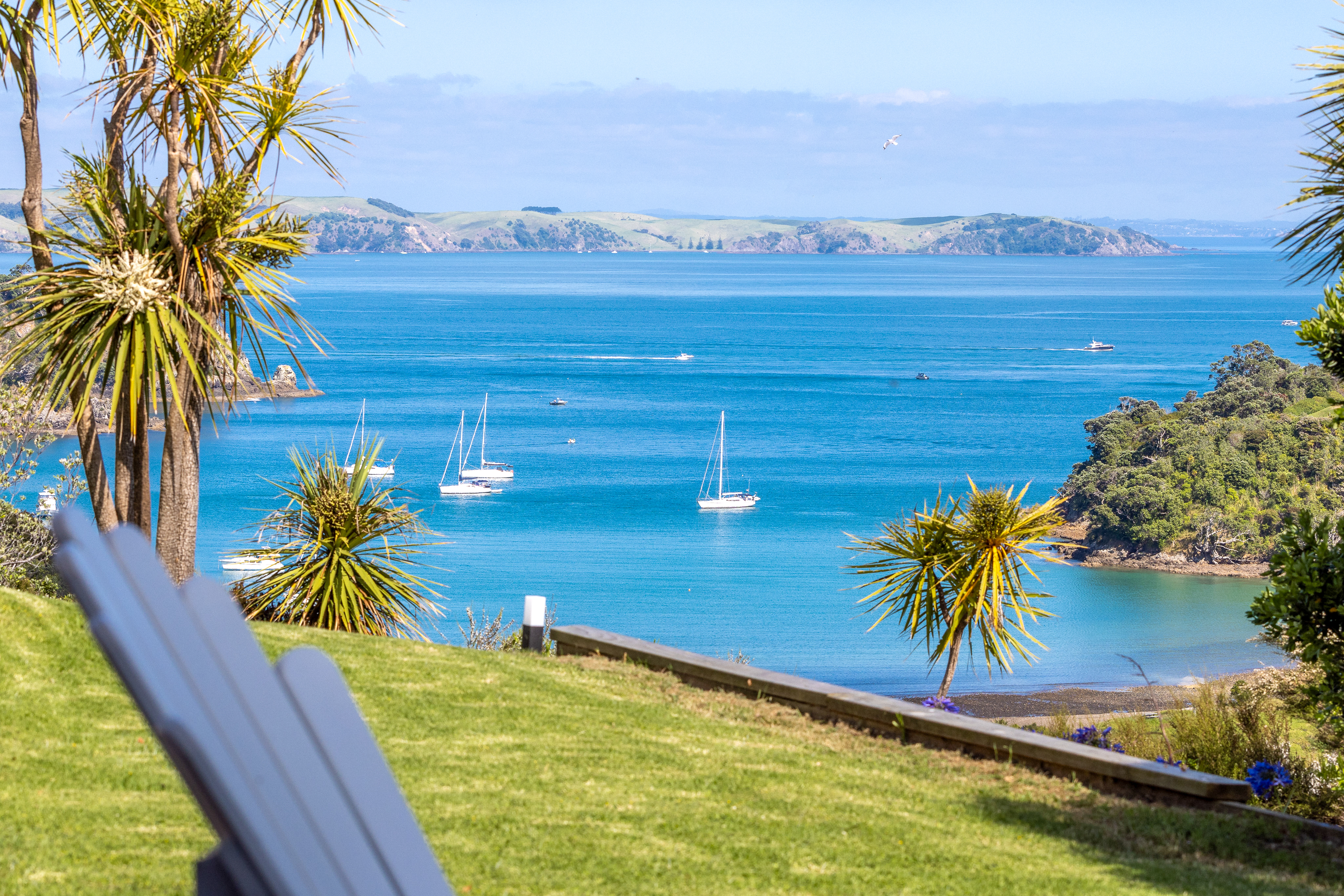Real estate agents in small-town around New Zealand say they have yet to see any housing market upheaval as a result of Covid-19, and some say they don’t expect to.
In Matamata, home of the Hobbiton film set and also the location of one of New Zealand’s Covid-19 clusters, the market is going great, says Margaret Troughton from Bayleys.
While international tourism has fallen away and Hobbiton, which is open again, shed jobs, the housing market of the Waikato town of around 9000 doesn’t rely on visitors from overseas, she says.
As for the cluster, “you wouldn’t even know we had that cluster here. We’ve been flat out ever since we were allowed to come back to work. We haven’t got enough listings, though – we need the listings.”
Start your property search
First home buyers and investors are still out there and Troughton thinks because interest rates are so low people are not overly worried about the future as long as they have a job.
She says many of the Hobbiton staff were transitional workers and while around 60 Matamata locals were permanent, most of those laid off quickly got work with security firms.
“Sometimes there’s a silver lining that comes out of these things. There’s jobs that have been created which weren’t there before. We needed security at all the supermarkets – you couldn’t get into a supermarket without have a security person there.”
Strong sales
Troughton says her office has had some strong post-lockdown sales with people still coming from Auckland, Tauranga and other regions looking to buy.
“I sold one last week to a couple from Auckland who have just retired and want to come down to Matamata to live because it’s so central. We’ve got another couple who are relocating from Tauranga.”
The average price for a first home buyer is around $500,000 with more expensive and lifestyle properties going for over $1 million.
While job security is an issue, there is a good work base in Matamata, including dairying and the horse industry, plus an industrial area on the outskirts of town Troughton says is “booming”.
Boom town
Further down the country, Normanby in south Taranaki continues to boom.
At the beginning of March, just before the lockdown, OneRoof data identified Normanby, population 1755, as topping the list of suburbs nationwide which enjoyed double-digit growth in the median property value over a year.
At the time Selwyn Metcalfe, from Metcalfe Real Estate, said Normanby was growing at such a pace it was fast becoming a suburb of nearby Hawera – and he says that hasn’t changed.

The Hobbiton tourist attraction is open again but visitor numbers will be lower as a result of the closed borders. Photo / Getty Images
“Prior to lockdown it was booming with a lot of buyers and not many properties for sale and what has happened since is we’ve still got buyers and no properties. The demand is there and I see that as a very stabilised market.
“I think the next two to three months will be slow while everyone sorts themselves out. There are properties trickling in at the moment but I expect more will come in the spring when the sun comes out – I believe we’ll be back to normal by Christmas time.”
Metcalfe doesn’t think prices will drop in south Taranaki because of the strong demand and so few properties.
Quietly optimistic
At the bottom of the South Island little towns like Riverton, population 1620 and 30 km from Invercargill, are doing okay but there is worry about what may come.
Mike McCurdy, from Todd & Co Realty, expects a moderate year. His Invercargill-based office also sells in the small towns of Bluff, Riverton, Te Anau and Winton.
“We’re quietly optimistic it will be a moderate year, although we are pretty concerned about overseas affecting us probably over the next six to 12 months.
“We just think financially the rest of the world is probably in a pretty bad space and we don’t know how it’s going to affect us, particularly when it comes to exports and that sort of thing.
“We’re very responsive to how the farms are doing down here. I think most provincial towns are, aren’t they, so it affects wages, unemployment and confidence.”
Places like Riverton are popular among Southlanders and especially so since central Otago has become so expensive.

Riverton is seen as second home for many in Southland. Photo / Getty Images
“A lot of Southland people have got cribs there and they enjoy holidaying there.
“We wouldn’t get a whole lot of international tourists through there. It’s a river beach resort, a lot of great views of the sea. It’s like an old fishing village turned into a place to live and a place to holiday. It’s not crowded and there’s a couple of good cafes there, good walks, beautiful beach.”
Towns like Riverton get the spill over from people who can’t afford the bigger towns, he says.
A house with a view but back a bit would be in the $500,000 range while one on the beachfront could sell for $800,000 to a $1 million, plus there are less expensive properties without a view.
Te Anau, on the other hand, does get the international tourists so is likely to be heavily affected.
“They feed into Milford and Doubtful Sounds and they end up with a lot of Chinese tourists going through but that will be stopped so Air B&Bs are going to be pretty hard hit.
“I think Kiwis are going to probably start using them but it won’t be anything like what it was before.”
Bluff, which has a population of around 1800, has a mix of housing and is home to many fishermen so jobs should be stable, but McCurdy says some industries have been hit by worldwide shutdowns.
“The cray fishing guys, they spent about two months chucking crayfish back in cause all the restaurant trade in China just stopped all of a sudden.”
Supporting those around you
Geraldine, 140km south of Christchurch and with around 2700 residents, is yet to see any impact, says Chrissy Gardner of Harcourts who has made several sales since lockdown ended.
This is a quieter time of the year anyway for the gateway town to ski fields, she says.
“But we’ve got an active business community called Go Geraldine and everyone’s supporting each other, so we’re trying to support other businesses. Small communities are good at that.

"A little oasis in the South Island": Geraldine agents are optimistic about the future post-Covid-19. Photo / Getty Images
“At the moment things are looking pretty positive. I know there will be some job losses but we’ve got Fonterra and some big companies.”
While Geraldine gets tourists, Gardner says they’re often passing through on their way to Queenstown though some stop for the rafting and beautiful walks on offer.
“We are a little oasis in the South Island.”
There is plenty of interest from people outside of Geraldine wanting to live there, Gardner says, like a couple from north of Auckland who spent the lockdown there who have just bought a house.
“They had thought about moving into this area so they came down to house-sit and have a look around and they ended up buying.”















































































